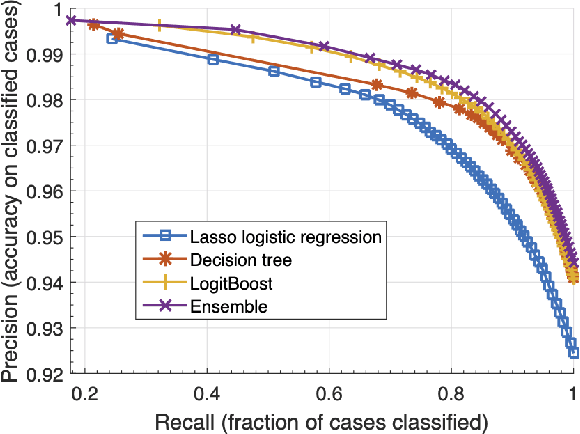Learning to shortcut and shortlist order fulfillment deciding
Paper and Code
Oct 04, 2021



With the increase of order fulfillment options and business objectives taken into consideration in the deciding process, order fulfillment deciding is becoming more and more complex. For example, with the advent of ship from store retailers now have many more fulfillment nodes to consider, and it is now common to take into account many and varied business goals in making fulfillment decisions. With increasing complexity, efficiency of the deciding process can become a real concern. Finding the optimal fulfillment assignments among all possible ones may be too costly to do for every order especially during peak times. In this work, we explore the possibility of exploiting regularity in the fulfillment decision process to reduce the burden on the deciding system. By using data mining we aim to find patterns in past fulfillment decisions that can be used to efficiently predict most likely assignments for future decisions. Essentially, those assignments that can be predicted with high confidence can be used to shortcut, or bypass, the expensive deciding process, or else a set of most likely assignments can be used for shortlisting -- sending a much smaller set of candidates for consideration by the fulfillment deciding system.
 Add to Chrome
Add to Chrome Add to Firefox
Add to Firefox Add to Edge
Add to Edge